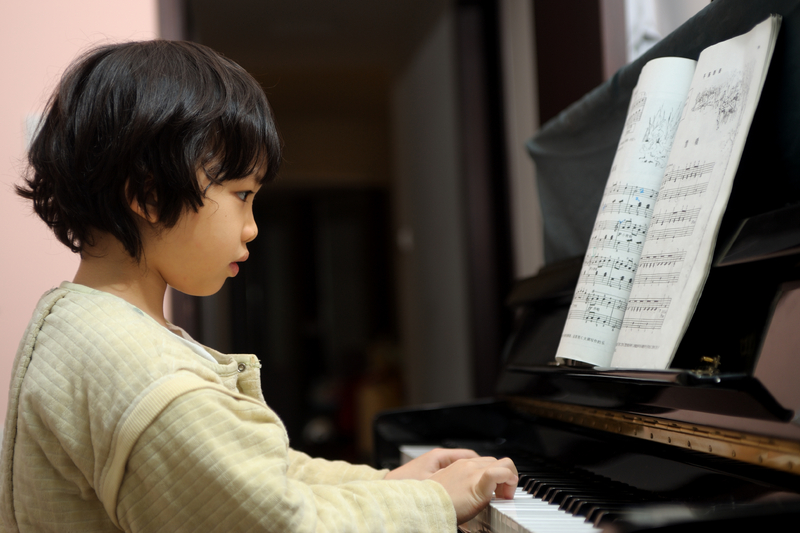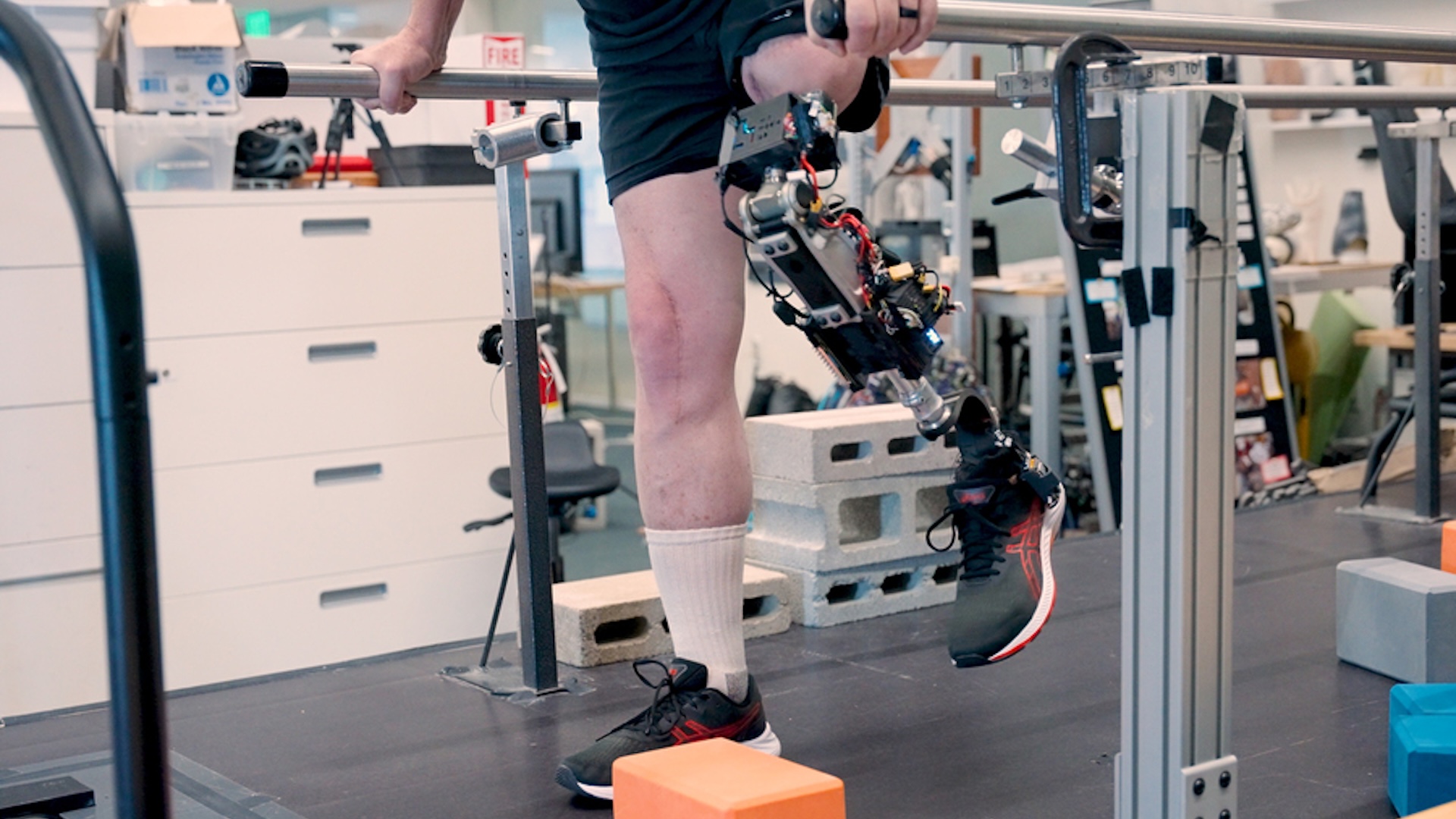Childhood Music Lessons Keep Aging Brain in Tune

The Tiger Mothers were right all along: Music lessons as a kid may make you a sharper grown-up.
A new study finds that older adults with musical experience perform better on some cognitive tests than those who had never studied music. With only 70 participants, the study was small, but the results match those from other studies of challenging tasks, including findings that learning a second language protects against dementia .
"Musical activity throughout life may serve as a challenging cognitive exercise, making your brain fitter and more capable of accommodating the challenges of aging," study researcher Brenda Hanna-Pladdy, a neurologist at the Emory University School of Medicine, said in a statement. "Since studying an instrument requires years of practice and learning, it may create alternate connections in the brain that could compensate for cognitive declines as we get older."
The study participants ranged in age from 60 to 83. One group had no musical training, one had one to nine years of musical study, and the third group had 10 or more years. None of the participants had Alzheimer's disease, and all had similar levels of education and fitness.
None of the musicians in the group were professionals. Most had started playing an instrument around age 10, with more than half playing the piano and about a quarter playing woodwind instruments such as the flute. [Read: Music 'Tones the Brain']
The participants each underwent a neuropsychological assessment, including tests of verbal functioning, memory and attention. Those who had studied music the longest performed best, followed by the next group of musicians. The non-musicians scored lowest on all tests.
The score differences between higher- and lower-level musicians weren't statistically significant, but there were significant differences between high-level musicians and non-musicians, the researchers reported online April 4 in the journal Neuropsychology. High-level musicians were better at visuospatial memory, naming objects and adapting to new information.
Get the world’s most fascinating discoveries delivered straight to your inbox.
Whether the participant continued to play music into old age didn't matter, the researchers found. Instead, long-term study in youth seemed to confer benefits far down the road.
"Based on previous research and our study results, we believe that both the years of musical participation and the age of acquisition are crucial," said Hanna-Pladdy, who was a professor at the University of Kansas Medical Center when she conducted the research.
The study was correlational, so further research is required to definitively show whether music learning causes a late-life brain boost. A possible alternative explanation, the researchers wrote, is that more intelligent people tend to study music longer. Future research should track individuals over time, the researchers wrote, and also compare music learning with other brain-stimulating tasks.
You can follow LiveScience senior writer Stephanie Pappas on Twitter @sipappas. Follow LiveScience for the latest in science news and discoveries on Twitter @livescience and on Facebook.

Stephanie Pappas is a contributing writer for Live Science, covering topics ranging from geoscience to archaeology to the human brain and behavior. She was previously a senior writer for Live Science but is now a freelancer based in Denver, Colorado, and regularly contributes to Scientific American and The Monitor, the monthly magazine of the American Psychological Association. Stephanie received a bachelor's degree in psychology from the University of South Carolina and a graduate certificate in science communication from the University of California, Santa Cruz.
